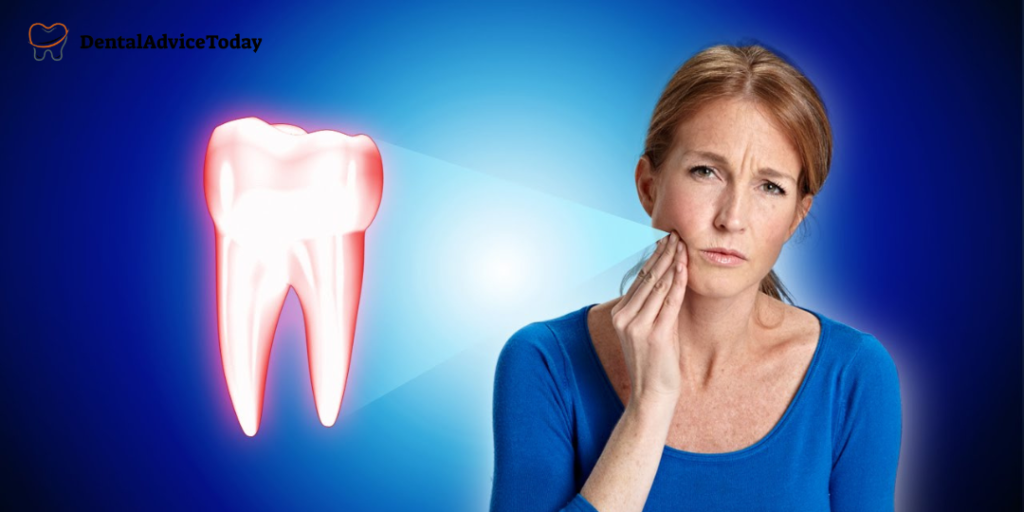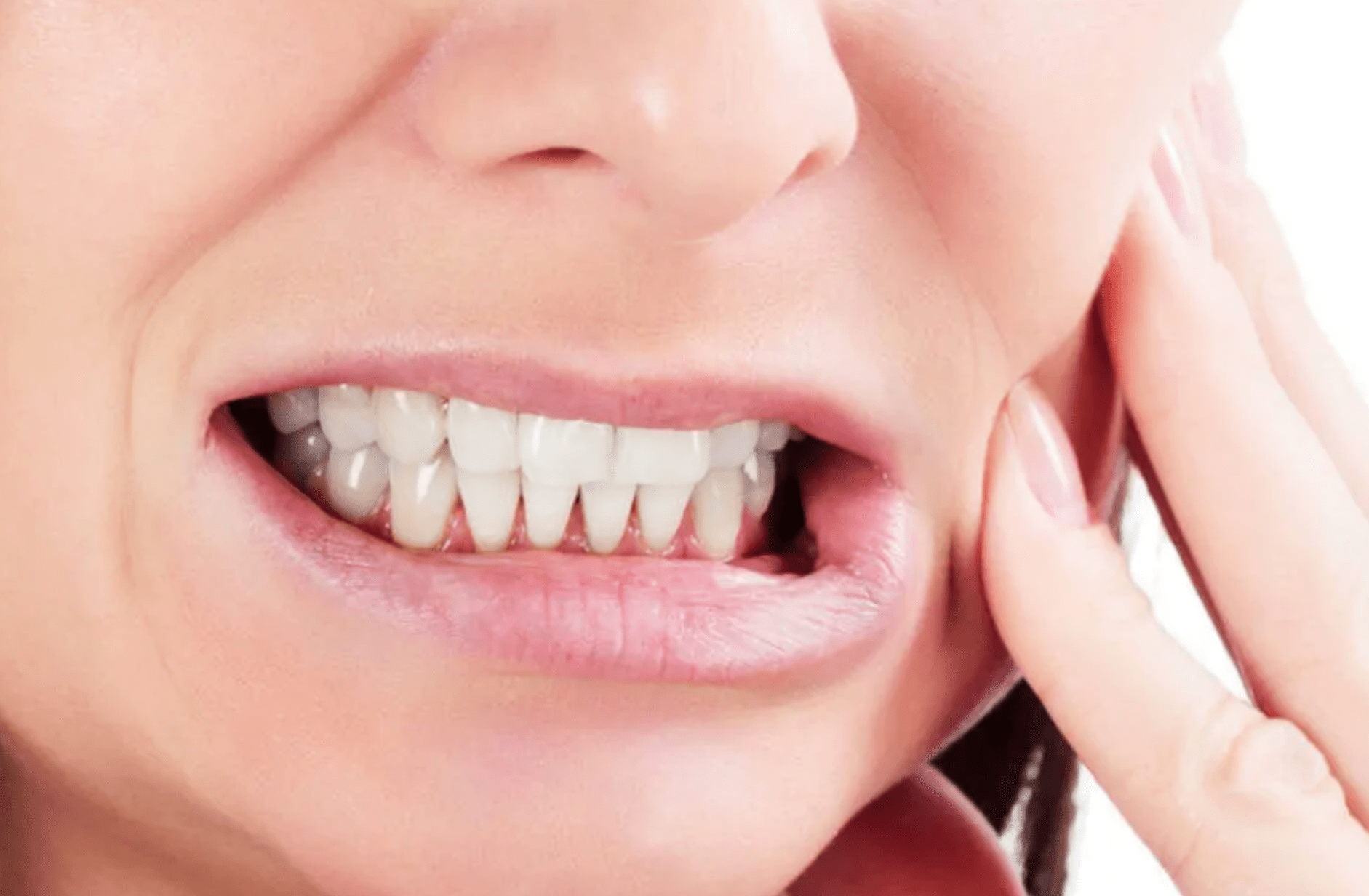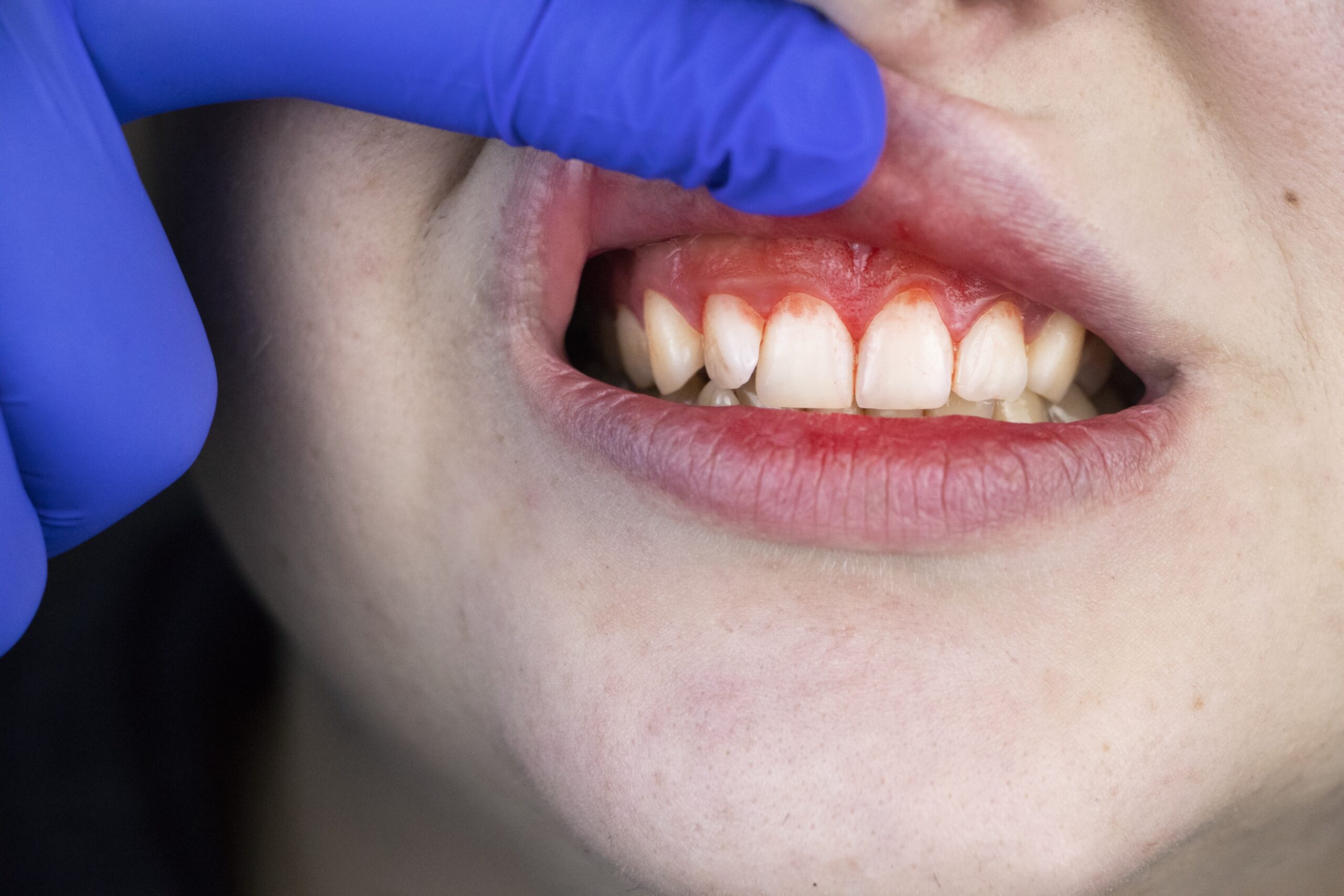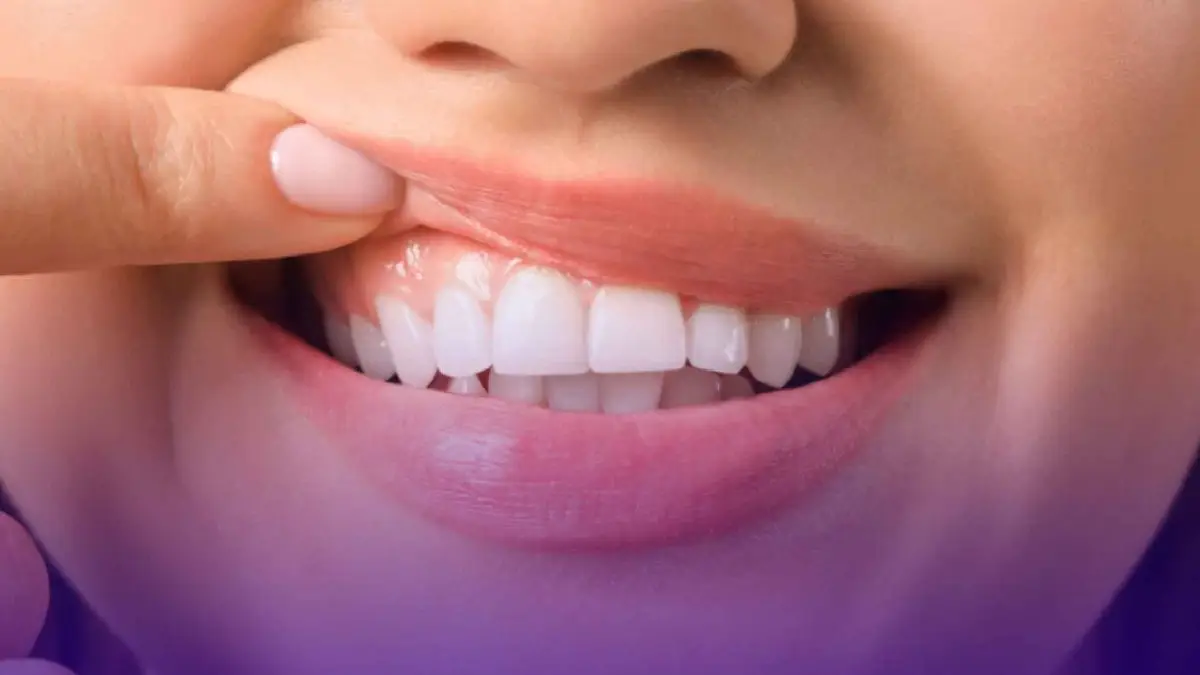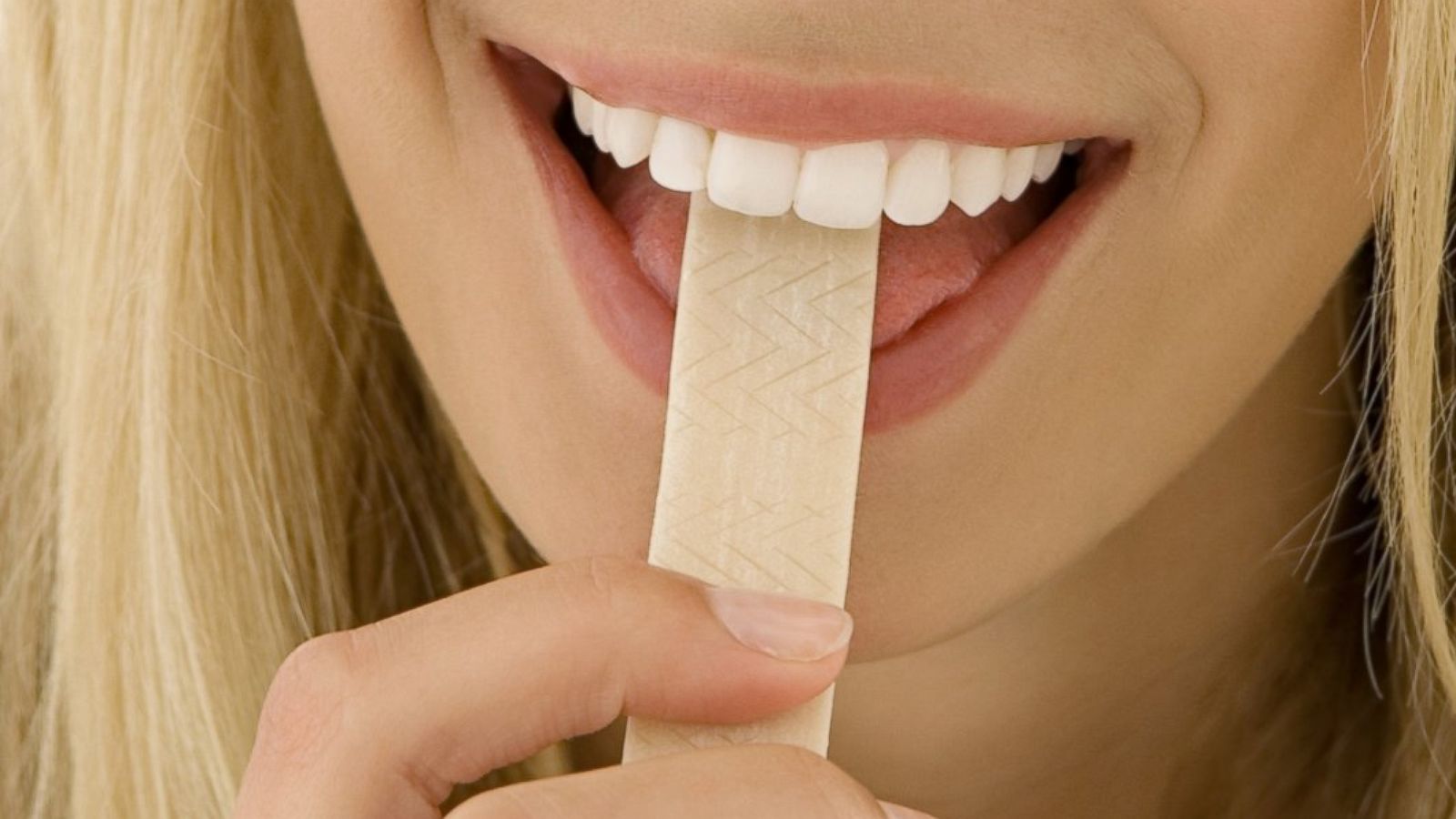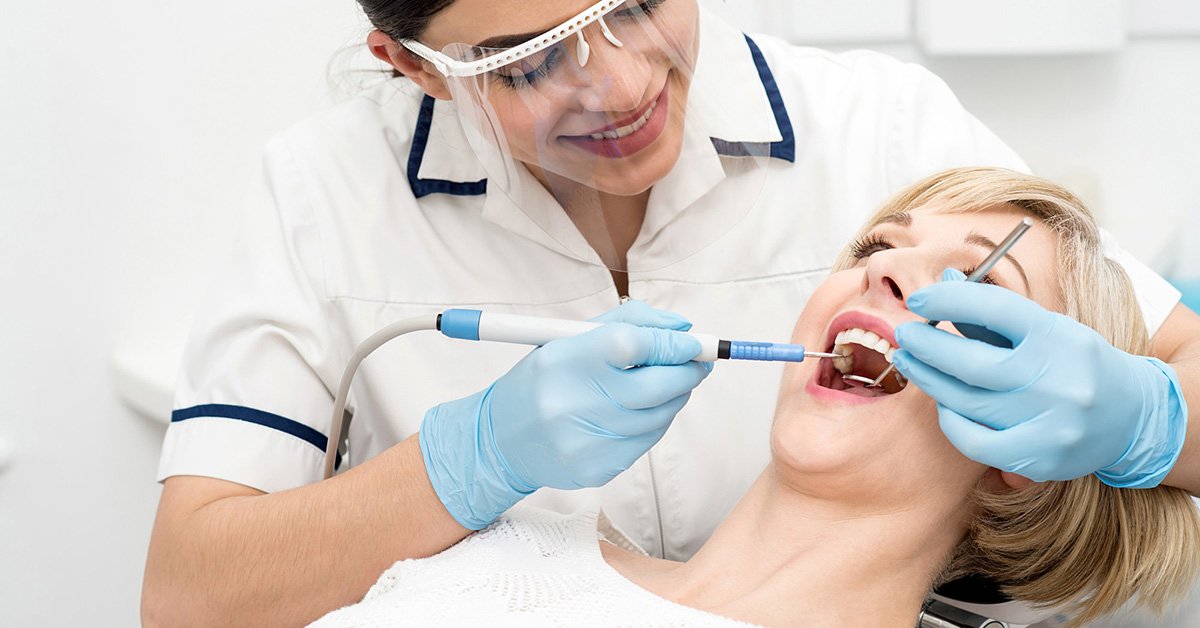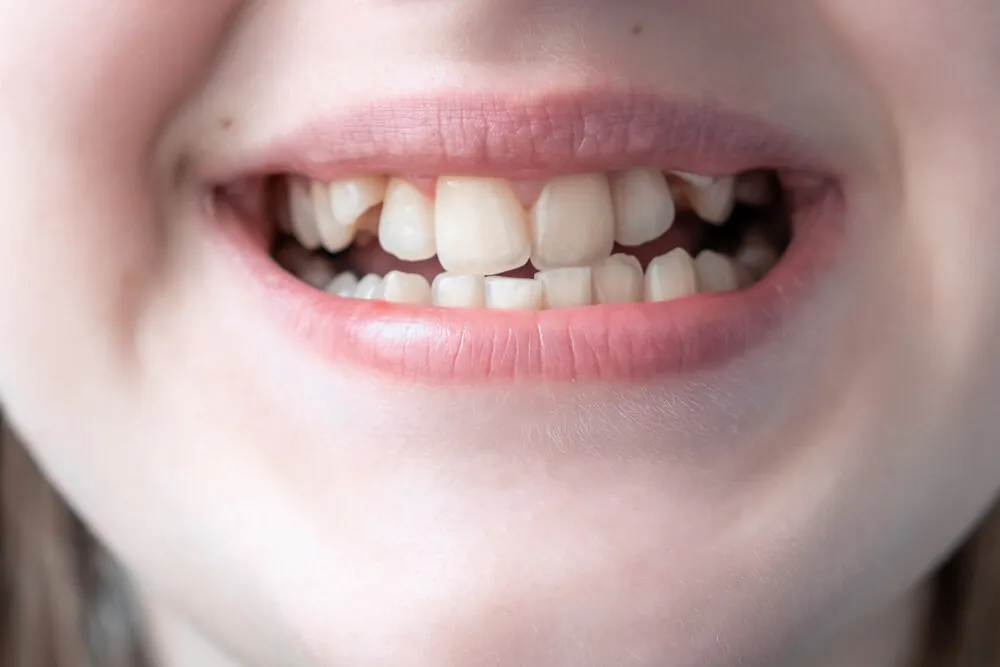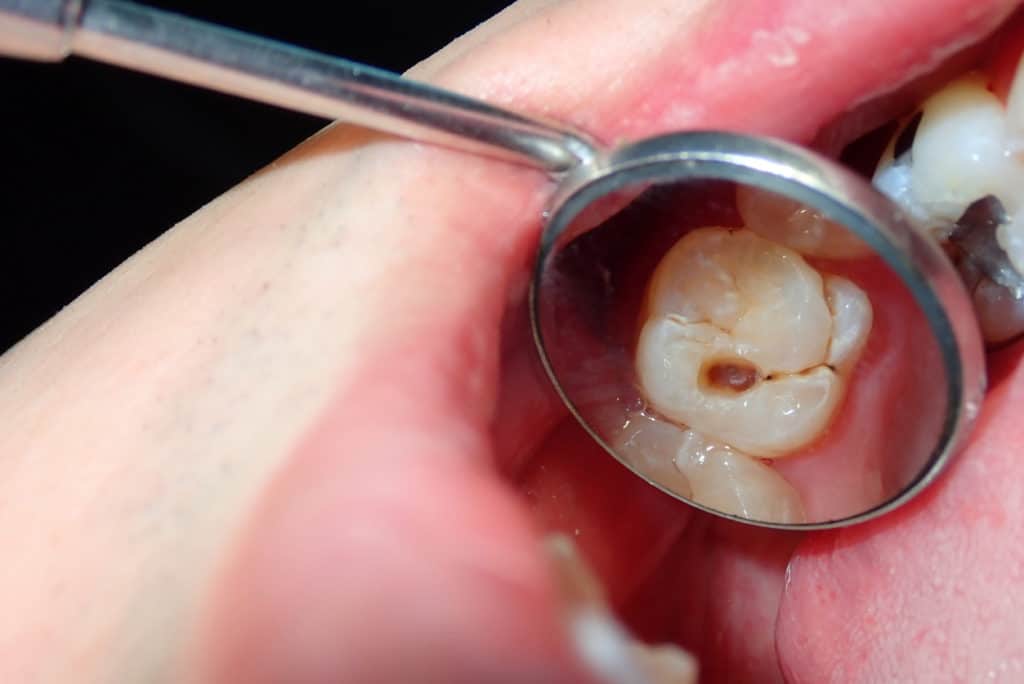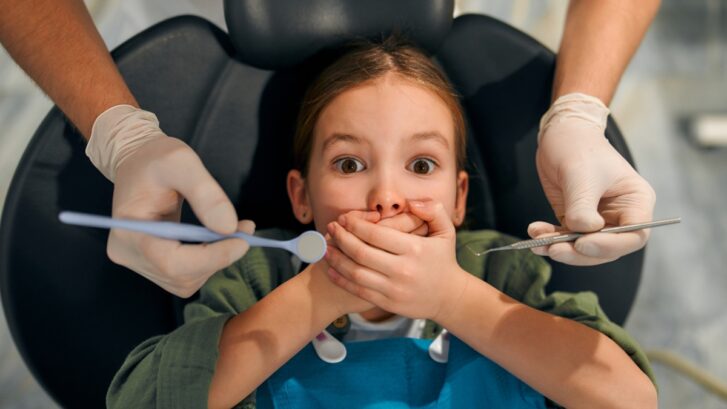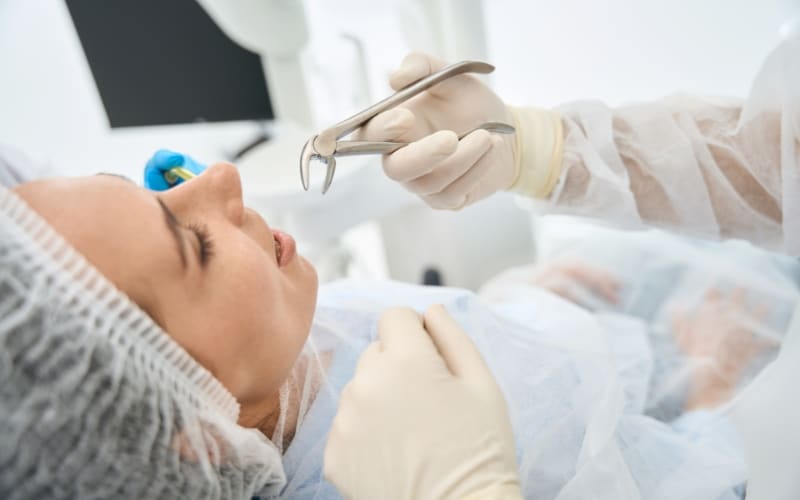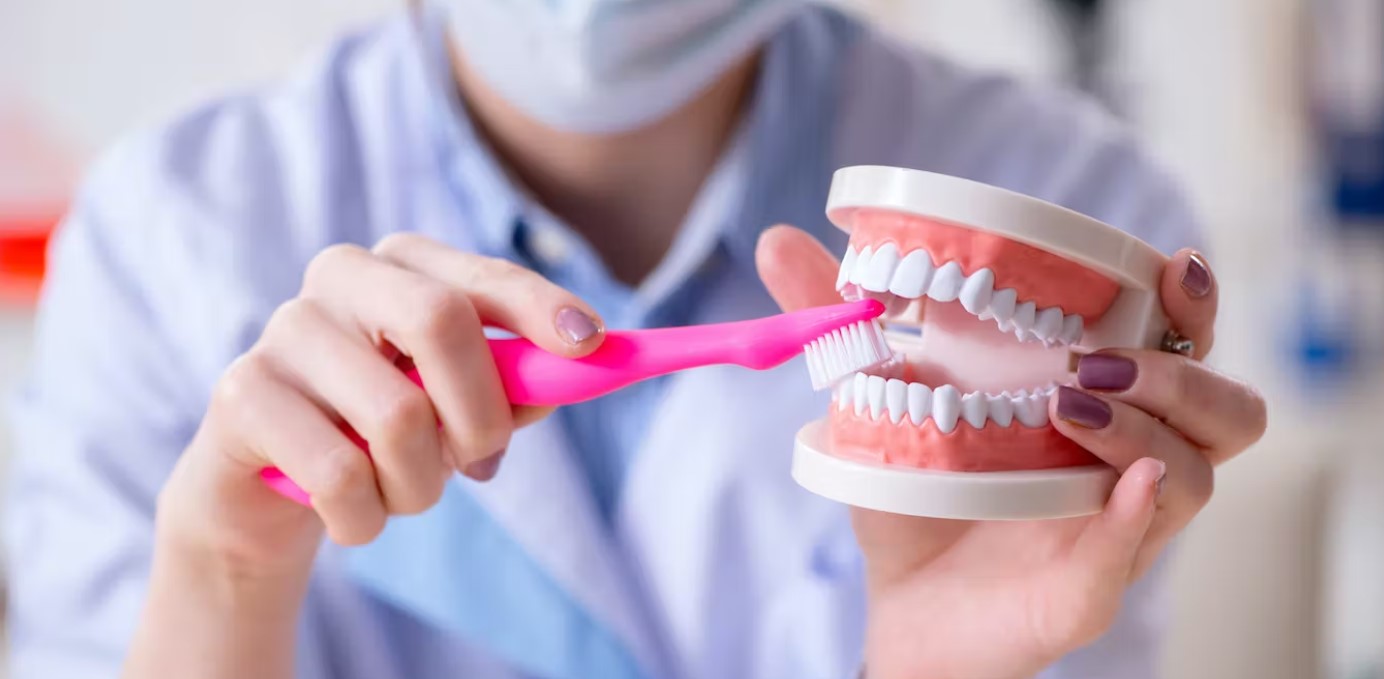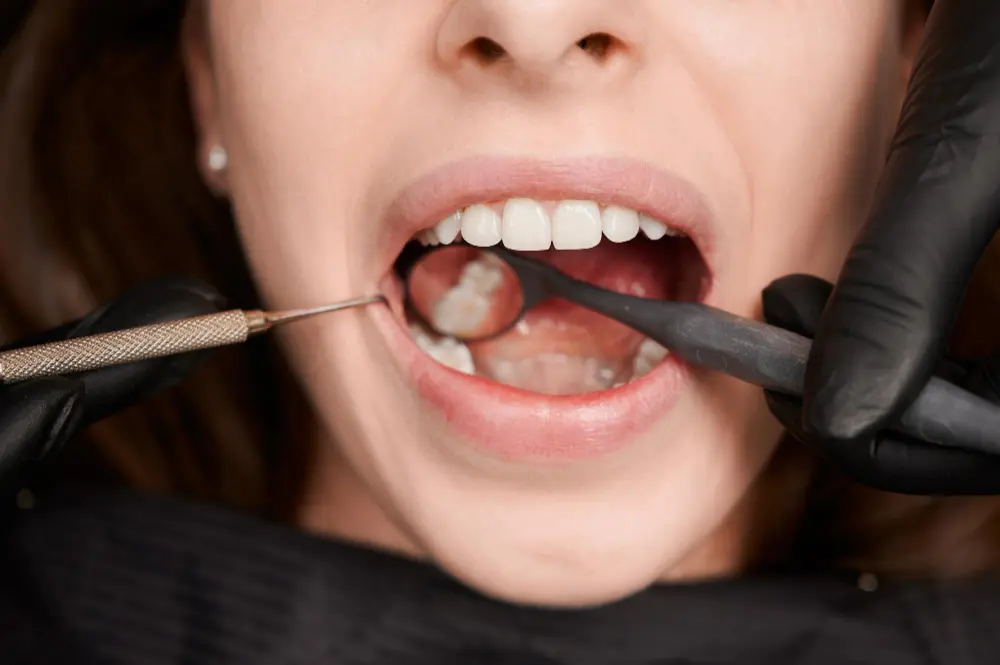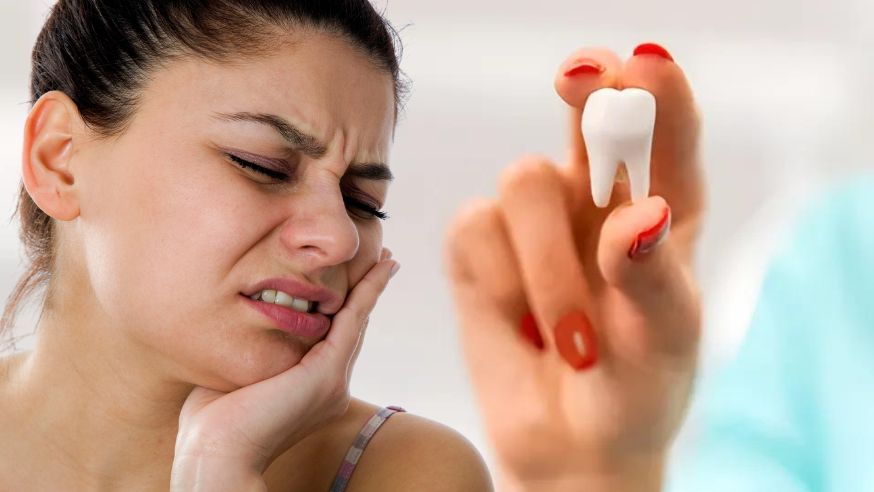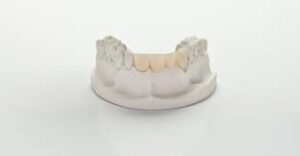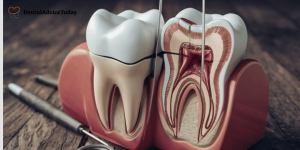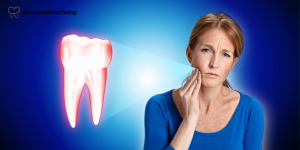Summary
Mild pain after a root canal is normal and typically improves within a few days as the tooth heals. However, if the throbbing pain lasts more than a week, or is accompanied by swelling or fever, it could be a sign of a complication and should be checked by your dentist.
Still feeling tooth pain after a root canal and wondering why it hasn’t gone away? You’re not alone.
Even though a root canal removes the infected pulp from inside your tooth, some people continue to feel pain afterward. This can happen for a few reasons, there might still be some bacteria left behind, the surrounding tissues could be inflamed, or your bite may be slightly off. Let’s go through the common reasons why your tooth might still hurt after a root canal and what you can do about it.
How to Stop Throbbing Pain After a Root Canal: Remedies and Management
1. Medications
After a root canal, throbbing pain or discomfort is normal and can be managed with medications:
- Over the counter pain relievers: Nonsteroidal anti-inflammatory drugs (NSAIDs) like ibuprofen or acetaminophen, also known as paracetamol, help reduce both inflammation and pain.
- Combination therapy: Using NSAIDs along with acetaminophen may provide better pain relief than using either medicine alone.
- Prescription medications: If your pain is more intense, your dentist may prescribe stronger painkillers or corticosteroids to reduce swelling and discomfort.
Make sure to take your medications exactly as prescribed, usually up to four times a day, until the pain goes away. Always follow your dentist’s advice for the best results.
2. Home Care and Comfort Measures
Ice packs: During the first 24 hours after your root canal, gently apply an ice pack to the outside of your cheek (near the treated area) for 15 minutes at a time. This helps reduce swelling and numb the pain.
Warm compress: After 24 to 48 hours, switch to a warm compress. This can relax muscles, improve blood flow, and ease ongoing pain.
Sleep with your head elevated: Use an extra pillow to keep your head slightly elevated while sleeping. This can lower blood pressure in the affected area and reduce throbbing pain at night.
Avoid chewing on the treated side: Especially in the first few days, avoid chewing hard or crunchy foods on the side of your mouth that has the root canal. This prevents further irritation.
Saltwater rinses: Gently rinse your mouth with warm saltwater (mix half a teaspoon of salt in a cup of warm water). This keeps the area clean and soothes the gums.
Clove oil: For temporary relief, you can apply a small amount of clove oil to the sore tooth using a cotton swab. Clove oil contains eugenol, which has natural numbing and antiseptic properties.
Eat Soft Foods and Stay Hydrated
For the first few days after your treatment, it’s best to eat soft foods that aren’t spicy or too hot. This helps prevent any extra pain or irritation. Also, make sure you drink plenty of water. Staying hydrated keeps your mouth clean and helps with the healing process.
Brush Gently
You should keep brushing your teeth, but be extra gentle around the area that was treated. Use a soft-bristled toothbrush to avoid hurting your gums or bothering the tooth that had the procedure.
3. Dental Follow-Up and Further Treatment
If you’re experiencing:
- Severe pain
- Persistent throbbing a week after the root canal
- Or your tooth still hurts after the procedure
You should visit your dentist immediately. This could indicate complications such as:
Incomplete cleaning: Sometimes the canals are not fully disinfected and may require retreatment.
Infection: If an infection is present, your dentist may prescribe antibiotics.
Bite problems: If the dental crown or filling is too high, it may cause occlusal trauma, leading to pain when biting.
Occlusal adjustment: Your dentist may perform a minor adjustment to relieve pressure on the treated tooth.
When Is Pain After a Root Canal Considered Normal?
It’s completely normal to feel mild to moderate throbbing pain for a few days after a root canal. This happens as the tissues around the treated tooth begin to heal. As healing progresses, the pain should slowly decrease. Pain sensations in the jaw, gums, ear, or even the head. This is normal and usually part of the healing process.
Common Pain Locations and Types
Tooth Pain After a Root Canal When Biting
Pain during a regular meal is normal after a root canal. This usually happens because the periodontal ligament is still inflamed or healing. The pain should gradually improve as the tissue relaxes and heals over time.
Gum Pain After a Root Canal
Gum discomfort is normal after the procedure. It often happens because of dental procedures. So you can experience temporary irritation. As the gum tissue heals, the pain usually goes away on its own.
Nerve Pain After a Root Canal
Sometimes, nearby nerves can become irritated during or after the procedure. This may cause nerve pain or sensitivity. However, this pain typically fades as the inflammation settles down and healing progresses.
Jaw, Ear, or Head Pain After a Root Canal
Pain in the jaw, ear, or head can occur due to something called “referred pain.” This happens because the nerves in your teeth are connected to other parts of your face and head. As the treated tooth heals, this type of pain should also be reduced.
How Long Does Pain Last After Root Canal?
Generally, pain should peak within the first 24 to 48 hours and substantially decrease after that. Most discomfort resolves within 3 to 7 days. Throbbing pain after root canal treatment lasting beyond a week, or severe pain after root canal after 3 days, warrants consultation with your dentist.
When to Seek Emergency Care
If you are having pain during meals after root canal, especially during the first few days However, there are certain warning signs you should never ignore. If you experience:
- Severe or unbearable tooth pain
- Swelling in the gums, face, or jaw
- Fever or a general feeling of being unwell
- Pain that doesn’t improve or gets worse after 7 days
These symptoms could be signs of a root canal infection or other complications related to the treatment. In such cases, it’s important to contact your dentist immediately to prevent further problems and protect your tooth.
To manage normal post-treatment throbbing pain, most patients find relief with pain relievers, gentle home care, and by closely following their dentist’s aftercare instructions. This includes avoiding hard foods, resting the treated area, and keeping your mouth clean.
FAQs
What should I do if I still have throbbing pain a week after a root canal?
If pain is severe or worsening after a week, contact your dentist. It may signal infection or a treatment issue needing adjustment or retreatment.
Is pain normal after a root canal, and how long does it last?
Yes, mild pain is normal and usually lasts a few days to a week. If pain is severe or lasts longer, see your dentist.
Why does my tooth still hurt after a root canal, especially when biting?
Pain may be due to inflammation, nerve irritation, or a high crown. Use painkillers, avoid chewing on that side, and consult your dentist if it persists.
Conclusion
Throbbing pain after a root canal is normal as the tooth heals, especially during the first few days. Most discomfort can be managed with medications, home care, and by following your dentist’s advice. However, if the pain becomes severe, lasts more than a week, or is accompanied by swelling or fever, it may signal a complication and needs prompt dental attention. Knowing what kind of pain is expected and when to seek help can make recovery smoother, protect your treated tooth, and ensure the success of your root canal therapy.

